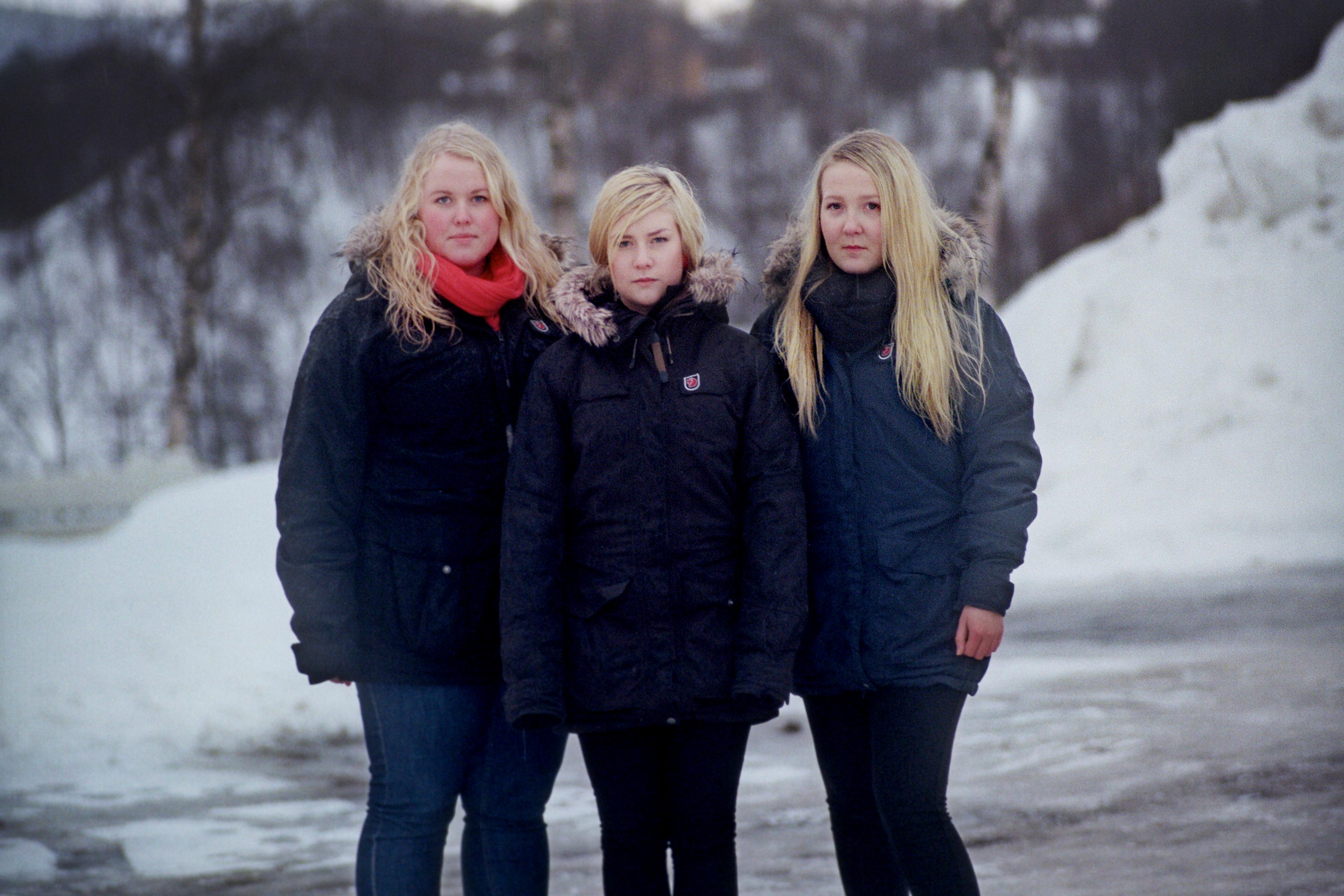Life is full of joyful experiences, milestones and triumphs that stick with us – a graduation, wedding, birth or simple hike in the mountains can linger in memory for a very long time. Humans have an extraordinary capacity to engage in mental time travel, which confers numerous psychological benefits, ranging from helping us manage emotions to maintaining a coherent, stable life narrative and sense of self. Given the importance of such memories, psychologists have also paid critical attention to what people remember most about their personal past.
Scientific studies have consistently found that when people over 40 reflect on their lives, they tend to have a favourite temporal destination: adolescence and young adulthood. This should not be surprising, as these are among the busiest times of a person’s life, bustling with intense transitions. These may include some of those milestones we mentioned, or a first date with a significant other, or the beginning of a first job. For most people, there are momentous events from their late teens and 20s that they cannot help but relive. This is the life period when a person typically discovers who they are and their place in their society. As a result, events from this period remain more memorable than those from other periods of life, such as early childhood, where only a few distinct memories stick out, or after the 30s, when life often becomes more stable and less eventful compared with earlier.
Psychologists call this phenomenon the ‘reminiscence bump’. Memories from late adolescence and early adulthood are more readily retrieved than memories from the previous and subsequent life periods; thus, these memories cluster to form a bump when the distribution of memories across the lifespan is plotted.
While people are indeed inclined to relive pleasant memories from these years, we are now learning that it’s not only ecstatic moments like a first kiss that stick around, but also painfully embarrassing ones – such as being turned down by someone you really wanted to kiss. In fact, embarrassment and shame seem to be associated with a wide variety of experiences from adolescence and young adulthood, to the point that they become defining, albeit seemingly functional, features in our life stories.
The reminiscence bump is one of the most robust discoveries in memory research, and it turns out to be a global phenomenon as well, observed in different countries all over the world. What’s more, memories of late adolescence and young adulthood seem to remain intact for people with Alzheimer’s disease and other kinds of dementia longer than memories from other points in life. Overall, when people reminisce with others about the personal past, events from the bump period are among the most likely candidates for discussion.
When retrieving past events from memory, people also commonly show a certain ‘positivity bias’, with the happier, prouder and more exciting moments of their lives taking precedence over the negative ones. In fact, an event such as giving birth could be full of stress and even have traumatic aspects at the time, but later be remembered largely for the joy it brought. For a while after the reminiscence bump’s discovery, psychologists attempted to find a bump for negative events: for example, intentionally prompting people for memories associated with words such as ‘sadness’, ‘fear’ or ‘anger’. However, such studies repeatedly failed to produce bumps, which led to the conclusion that adolescence and young adulthood are remembered more, but only for positive events.
In a recent series of studies, we have challenged this conclusion. Drawing from the science of developmental psychology and the sociology of crime, our team has discovered that certain memories with negative qualities do indeed show the reminiscence bump. These emotional memories reflect painful experiences involving embarrassment, shame and regret.
Mistakes that people associate with regret and shape tend to accumulate during these periods as well
Although previous research could not detect the reminiscence bump for negative life experiences, this appears to be due to the fact that researchers had not yet identified the particular subset of negative emotions associated with bump memories. Meanwhile, sociologists have been following another line of enquiry into the frequent occurrence of criminal behaviours during adolescence and early adulthood. When tracking people’s age at the time of engagement in a criminal activity, sociologists found that the majority were between 15 and 25 years old, an almost perfect match between the ‘crime bump’ and the reminiscence bump. This pattern led us to examine the possible link between the two.
Luckily, only a small portion of the population engages in criminal behaviour. Yet it seems that experiences of more minor moral transgressions, interpersonal discord and embarrassing mishaps also tend to occur frequently during these times. As with proud accomplishments in late adolescence and young adulthood, we have found that mistakes and mishaps that people associate with regret, shame and embarrassment tend to accumulate during these periods as well. Perhaps as a psychological defence mechanism, people who are looking back on their life do not tend to immediately bring such memories to mind. However, when these events are specifically prompted by corresponding emotion cues – when people were asked to tell the first memory that comes to mind when they see the word ‘embarrassment’, ‘regret’ or ‘shame’ – a large proportion of the memories that people recount tend to date back to adolescence and young adulthood.
As mentioned earlier, for example, graduating from high school or college tends to be a common memorable experience, associated with happiness and pride. However, parallel negative memories from the same period can also emerge. Below is a prototypical example from a 58-year-old participant, who gave consent for this memory from his school years to be shared:
I was not doing well in school and the teacher would have me bring home my test results for my parents to see and sign. Instead, I would forge their signature. One day the teacher grew suspicious and called my mother and my deception was discovered. When I got home, my mom asked me how I was doing in school, and I lied to her… I was mortified and so ashamed of my actions.
Another kind of event that people tend to remember from this life period is finding a job, typically a first job or one that they had wanted for a while. However, it is rarely the case that things go perfectly smoothly when looking for a job. Here is another example, from a 57-year-old, of an embarrassing memory that occurred when she was 20:
It was an interview for a part-time position. I was a university student and had applied for a job. The interviewer had a very long and thick moustache, which somehow looked like those you would see in children’s shows on TV. I started laughing and could not control myself. I literally had to get up and go out to clear my mind and get back in the interview room. The interviewer asked why did I simply leave the room? It was a very embarrassing experience. Obviously, I did not get the job.
Other negative events that are often recalled from this period include family conflicts, bullying incidents and various minor mishaps, such as dropping a tray in the school lunchroom.
It is understandable that exciting and happy events would stick out in memory and remain salient for years. After all, it is psychologically healthy to focus on the pleasures and accomplishments that have brought meaning to our lives. Psychologists have proposed several explanations as to why the reminiscence bump emerges, with some pointing out that the years of adolescence and young adulthood are filled with novel, first-time experiences that may become landmark reference points for future experiences that resemble them, bolstering memory for the original. Others consider that key positive, culturally sanctioned life events, such as marriage, typically occur during the bump period, rendering the period itself salient in memory. Still others posit that because the bump years represent the point in development when individuals’ personal and social identities emerge, the many self-relevant experiences of this period may remain exceptionally salient. At the time these theories were formulated, researchers did not know that the reminiscence bump for embarrassment, regret and shame existed.
What might explain why memories tied to these more challenging emotions persist for decades? These mark episodes of personal dissatisfaction and disconnection from important people in our lives. As such, people may draw valuable lessons from these painful experiences and avoid recreating parallel situations in the future. In the first memory above involving parents, for instance, the broad lesson ‘do not lie’ is strongly reinforced by the shame that the memory evokes. Such instances could even lead to broader commitments that enhance character development – for example, a personal pledge to ‘always behave as an honest person’ going forward. You, too, might find it easy to recall experiences that you associate with either ‘coming to terms with who I am’, or, alternatively, the insight that ‘I am not that person anymore.’ Our research suggests that, in either case, these experiences are disproportionately likely to date from adolescence and young adulthood.
Is it the case that people become perfect and make no mistakes after 30? Of course not. But retaining the troublesome memories formed in adolescence and young adulthood could be especially valuable to personal growth. The ability to easily recall such emotionally charged events may help developing adults to avoid the circumstances that undermine healthy relationships – and a positive sense of self – as the rest of their life story unfolds.








